
IAACU Learning Hub
Resources
At IAA Credit Union we strive to build personal relationships that promote smart financial decisions. We hope the resources below help our members expand their financial knowledge and help them utilize our products and services to their full potential.
Plus, check out even more resources from our Partner GreenPath Financial Wellness.
Online & Mobile Banking
IAACU Cards App
Mortgage
IAACU Blog
World Elder Abuse Awareness Day is June 15: Recognize the signs of abuse
.png?sfvrsn=8d33a706_7)
The International Network for the Prevention of Elder Abuse (INPEA) designated June 15, as World Elder Abuse Awareness Day (WEAAD).
Since then, various organizations, have come together to help provide resources, raise awareness and prevent elder abuse.
The most common types of abuse are physical, emotional, financial and verbal. The National Council on Aging says approximately up to five million older Americans are abused every year, and the annual loss by victims of financial abuse is estimated to be at least $36.5 billion.
In Canada, each year, about 10 percent of Canadian seniors are victims of crime and up to one percent of seniors experience violent
crimes or physical abuse. Given such large numbers, it’s almost guaranteed business owners and/or employees will encounter someone who is experiencing a form of elder abuse.
The Better Business Bureau (BBB) is contacted daily
about scams specifically targeting seniors which end up costing them more than money. Employees in banking, real estate, home health care, home repair and beauty salons can help by watching for certain signs.
BBB recommends business owners share the following signs with employees:
Neglect
- Lack of basic hygiene, adequate food, or clean and appropriate clothing
- Lack of medical aids (glasses, walkers, hearing aids, medications)
- An unsupervised person with dementia
- Person confined to bed without care
- Cluttered home, filthy, in disrepair, or having fire and safety hazards
- Home without adequate facilities (stove, refrigerator, heating, cooling, plumbing and electric)
- Untreated pressure “bed” sores
Financial Abuse/Exploitation
- Lack of amenities victim could afford
- Giving excessive financial reimbursement/gifts for care and companionship
- Caregiver controls elder’s money but fails to provide for elder’s needs
- Caregiver is overly concerned about elder spending money
- Elder/adult signs property transfers (Power of Attorney, a new will, etc.) but is unable to comprehend the transaction or what it means
Psychological/Emotional Abuse
- Unexplained or uncharacteristic changes in behavior, such as withdrawal from normal activities
- Caregiver isolates elder
- The caregiver is verbally aggressive, uncaring, or demeaning
Physical/Sexual Abuse
- Inadequately explained fractures, bruises, welts, cuts, sores, or burns
- Unexplained sexually transmitted diseases
Become familiar with these common scams targeting seniors:
- Grandparents scam. The scammer contacts a grandparent claiming to be their grandchild who is in a dire situation and needs money. The plea is so persuasive that the grandparent wires money to the scammer, only to find out later their family member was safe and sound all along.
- Bogus sweepstakes/lottery scam. You receive an email or phone call allegedly from a contest organizer informing you that you’ve won a prize. To claim your winnings, scammers say you must first pay taxes, shipping costs, or other fees. You are urged to send the money by wire transfer, or buy a prepaid debit card and share the number and PIN with the "contest organizer." In a variation of this scam, you are sent a check to deposit into your bank account and then wire or use a prepaid debit card to send the "taxes" to a third party. The check is a fake and you are out the money. Either way, you receive no winnings and lose money.
- Tech support scam. You get a telephone call or see a pop-up alert on your computer screen from someone claiming to be with tech support from a well-known software company. You are told only a tech support employee can fix a problem they’ve identified and you’re asked to allow access to your machine. Once access is granted, the caller may pretend to run a “scan” and claims your computer is infected with viruses. The scammer then offers to fix the problem for a fee. If you allow remote access, malware may be installed on your machine. Malware often scans files in search of personal information, which scammers can use to commit identity theft.
- Resist the urge to act immediately so you can do your research. Don’t rely solely on an online search. Ask for help or advice from a trusted family member or friend.
- Make sure you know who you’re really talking to. Ask questions that would be hard for an impostor to answer correctly. Emails can be hacked and phone numbers can be spoofed. Contact the suspicious person yourself using a phone number or email you get from a source other than the person contacting you.
- If you don’t recognize a phone number, let the call go to voicemail. If it’s important, the caller will leave a message. Hang up on unexpected calls from anyone claiming to be tech support.
- Never wire money or send gift cards to someone you don’t know. No government agency or sweepstakes company will ever ask you to wire money. If you didn’t enter a sweepstakes, you didn’t win.
- Be aware that a check can bounce even after your bank allows you to withdraw cash from the deposit. You will be responsible for the amount of the bounced check plus fees.
- Never give control of your computer to or share passwords with anyone who contacts you. Do not click on any links or call a number that pops up on your screen warning of a computer problem. If you see a pop-up alert on your computer screen, shut down your computer and restart it rather than call the phone number on the alert.
Report suspected fraud to:
- Your bank or credit card company. They may be able to reverse charges for purchases made months or more before, depending on the fraud.
- Better Business Bureau at BBB.org
- Government agencies. The Department of Justice’s Elder Justice Initiative website (justice.gov/elderjustice) features an Elder Abuse Resource Roadmap to help quickly find the right reporting agency, as well as financial topics and helpful resources (justice.gov/elderjustice/financial-exploitation).
Originally published by The Better Business Bureau BBB: BBB Tip: Recognize the signs of elder abuse adapted by IAACU.

e08dd9fb-d734-44f1-b30a-cc8287ea8489.tmb-vthumbnail.jpg?Culture=en&sfvrsn=4b2c0616_2)
6209e6bc-374e-4e38-a38f-a434b9da8499.tmb-vthumbnail.jpg?Culture=en&sfvrsn=e5ac7324_2)
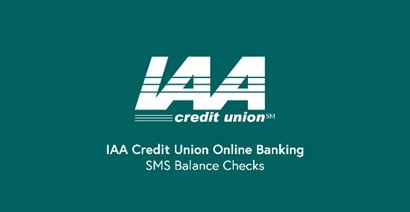
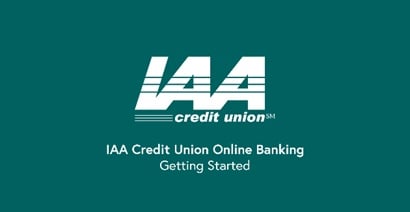
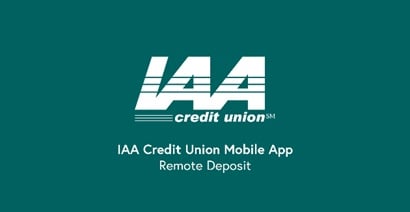
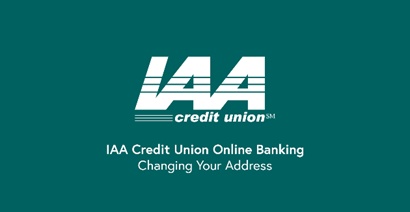
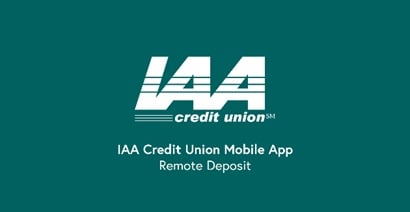
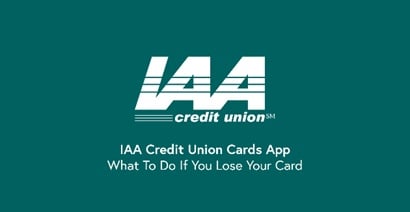
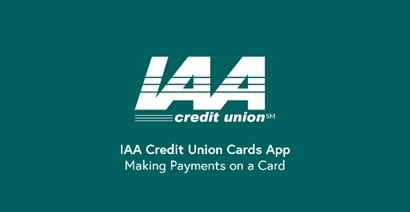
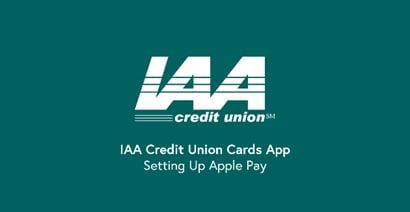
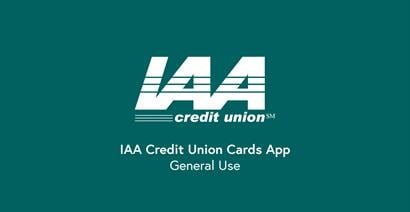
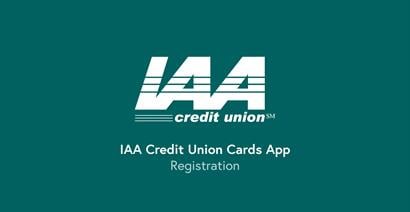
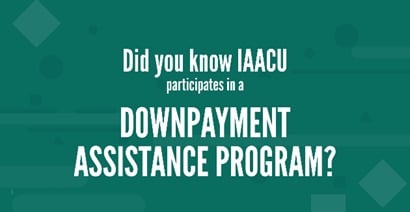

.tmb-vthumbnail.jpg?Culture=en&sfvrsn=55fe3009_1)
.tmb-vthumbnail.jpg?Culture=en&sfvrsn=adf2a6dc_2)


